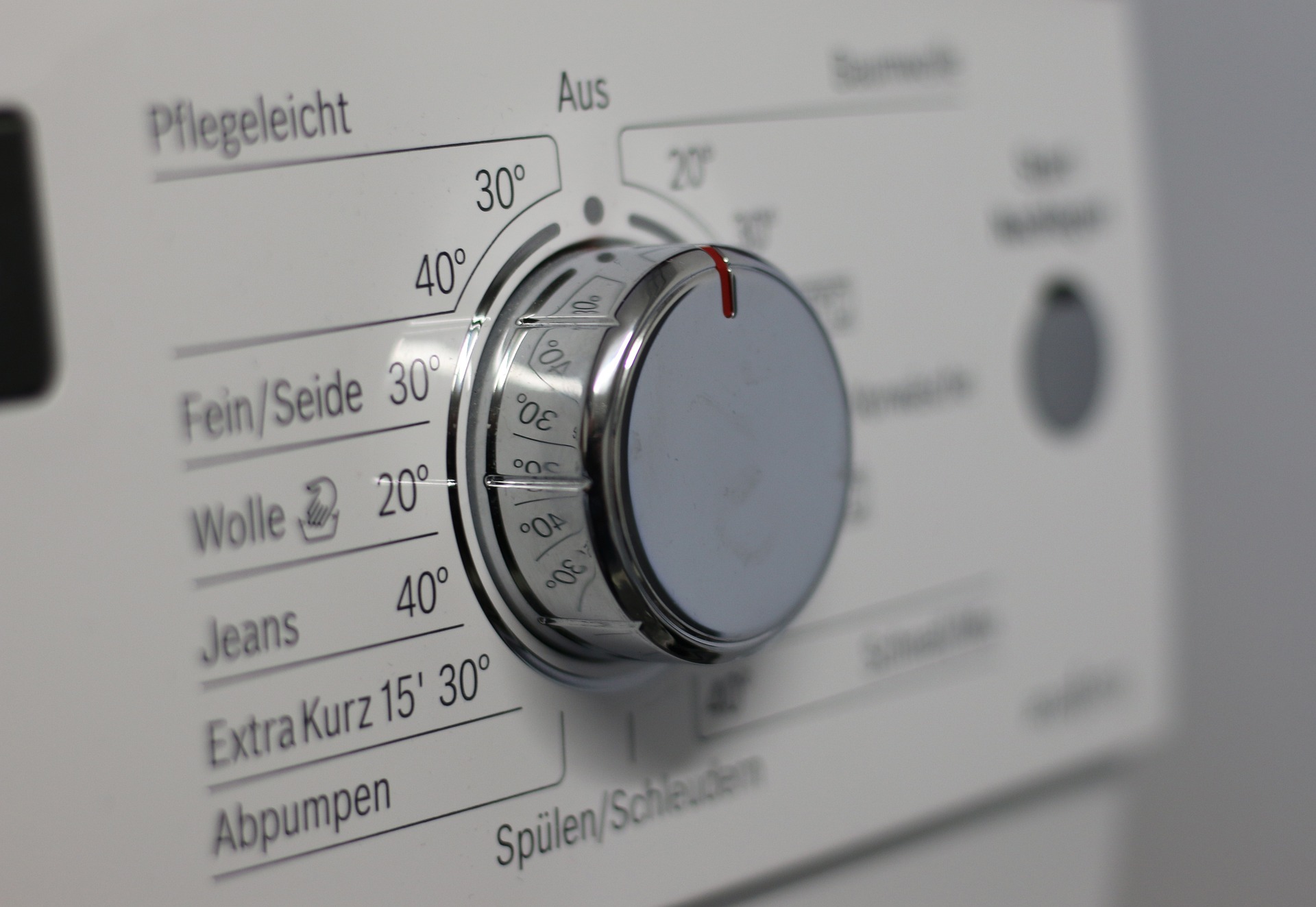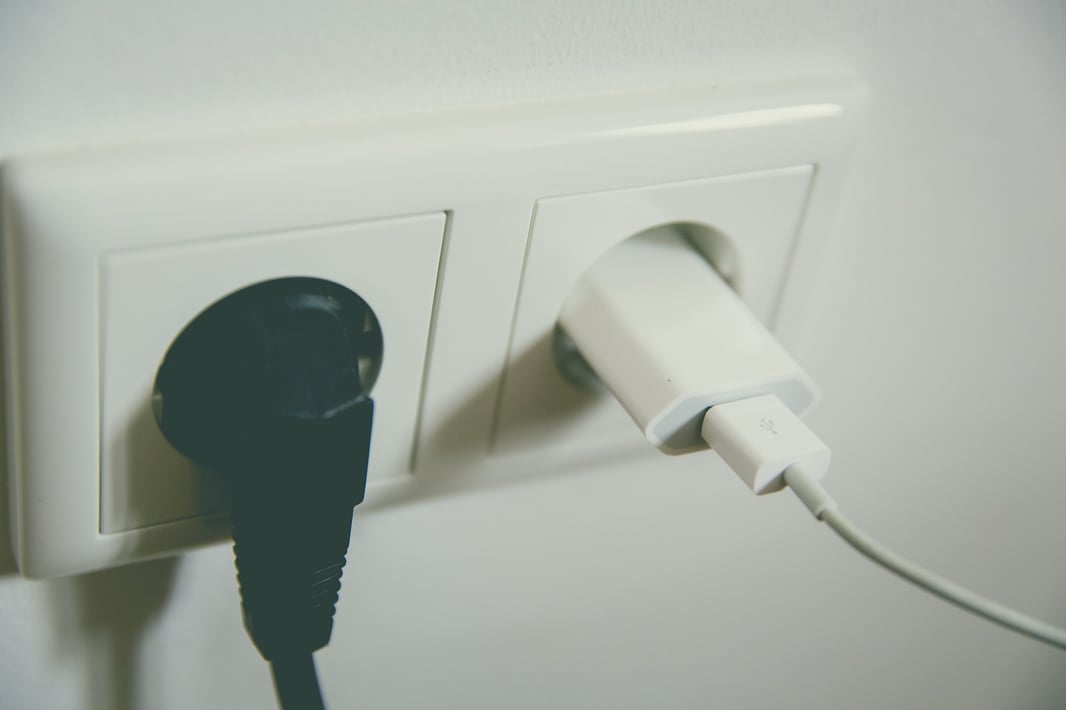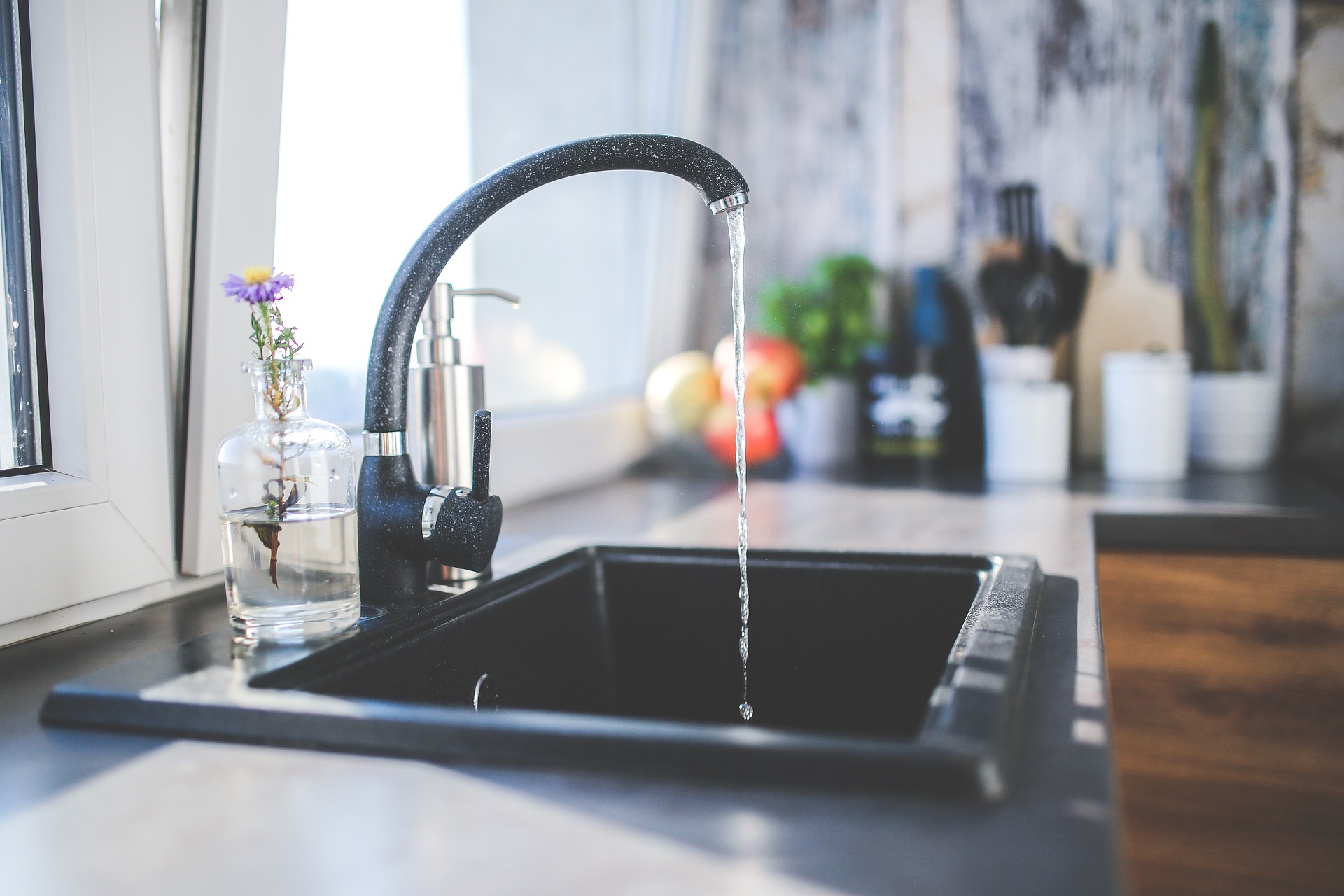- Blog
- technology
- Winter is...
Winter is coming: our 5 tips for saving energy at home
Oct 29, 2022 | written by: Lara Zambonelli
It must have happened to you.
You arrive at a hotel, and in the bathroom you find a card with greengraphics saying: "Help us reduce our environmental impact", inviting you to use the towels more than once. These cards began appearing years ago, when commitment to the environment was still a marginal issue.
How can we explain this? Was the hotel industry really more enlightened than others? Obviously not. The explanation is that often, choosing to be more sustainable means saving money. In this case, saving thousands of euros in water, detergents and electricity.
With that in mind, here are our 5 tips for being more sustainable this winter – if not for the sake of the planet, at least for that of our wallets.
1.Use your appliances wisely

Let's start with the fridge. Don't put hot food in it, avoid opening it too often and keep it tidy: you will circulate more air and reduce food waste. When using a washing machine, make sure it is always fully loaded, choose short, low-temperature programmes, and detergents with as little plastic packaging as possible. If you use the oven, cook two dishes at the same time. You will end up with tomorrow's dinner ready, and leaving the door open afterwards will heat up the kitchen.
2. Switch to LED lights

Replacing your halogen bulbs with LED bulbs will save 75% energy and reduce waste because they last 25 times longer.
3.Improve the thermal insulation of your doors and windows

With a small investment in improving your home's ability to retain heat, you can afford to reduce your heating. You can do it yourself, or hire a professional. According to the Italian think tank Ecco, lowering your heating by even one degree would save about 7% energy per year, and more than 100 euro.
4. Unplug your devices

Have you ever heard of vampire power? Even when electrical devices are switched off, they continue to suck energy, earning them the nickname 'vampire appliances'. Give up the bad habit of leaving your phone on charge overnight. According to Lawrence Berkeley National Laboratory studies, an average mobile phone consumes 3.68 watts of energy while it is charging and 2.24 watts after it is fully charged. In a year, this is equivalent to 6.5 kilowatts of electricity.
5. Save water

Did you know that water-saving taps exist? By limiting the flow rate and temperature of the outgoing water, they allow you to limit your consumption and reduce your bills. Compared to a normal tap, you go from a water consumption of 12 litres per minute to only 5 litres!

